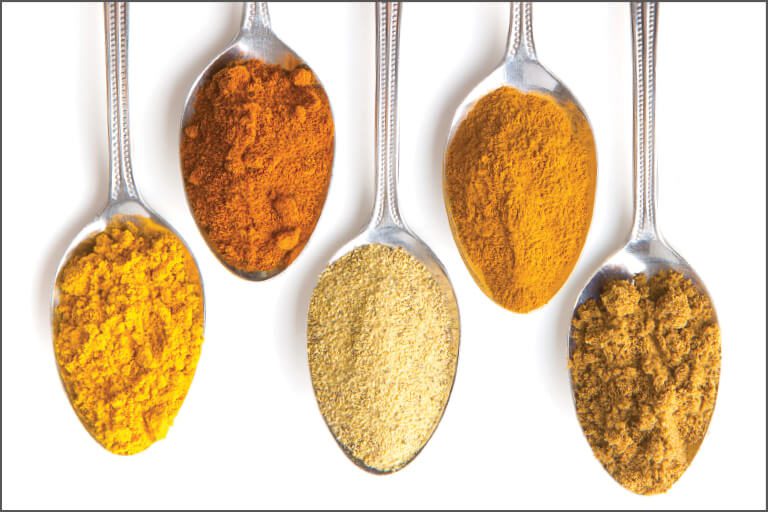Curry powder is a blend of various spices, including turmeric, cumin, coriander, ginger, cinnamon, and cardamom. It is widely used in Indian, Thai, and Caribbean cuisines and can add a complex and satisfying taste to a variety of dishes. Curry powder offers several nutritional benefits, including anti-inflammatory and antioxidant properties due to its key ingredients. It can be used to season a variety of dishes, including soups, stews, rice dishes, and roasted vegetables. Some ideas for incorporating curry powder into meals include marinating chicken breasts, making vegetarian curry, and blending curry hummus.
Spicing Up Your Meals with Curry Powder
Introduction
If you’re looking for a way to add flavor and nutritional value to your meals, look no further than curry powder. This spice blend is a staple in many cuisines, including Indian, Thai, and Caribbean, and can add a complex and satisfying taste to a variety of dishes.
What is Curry Powder?
Curry powder is a blend of various spices that typically includes turmeric, cumin, coriander, ginger, cinnamon, and cardamom. Different blends may also include other spices such as fennel, mustard seed, or pepper. The exact blend varies depending on the region and the recipe, but the spice mix generally has a warm and slightly spicy flavor.
Nutritional Benefits of Curry Powder
In addition to adding flavor to your meals, curry powder can also provide several nutritional benefits. Here are some of the key ingredients and their benefits:
Turmeric
Turmeric is the most distinctive ingredient in curry powder, giving it its characteristic golden color. This spice has long been used in traditional medicine for its anti-inflammatory and antioxidant properties. It contains a compound called curcumin, which has been linked to a reduced risk of heart disease, Alzheimer’s, and certain types of cancer.
Cumin
Cumin is another common spice in curry powder, and it is a good source of iron, which is essential for healthy blood cells. It also contains antioxidants and has been shown to have anti-inflammatory properties.
Coriander
Coriander is a versatile ingredient that adds a citrusy, slightly sweet flavor to curry powder. It is also a good source of dietary fiber, vitamins C, K, and A, and minerals like potassium and manganese.
How to Use Curry Powder
The great thing about curry powder is its versatility. It can be used to season a variety of dishes, including soups, stews, rice dishes, and roasted vegetables. Here are some ideas for incorporating curry powder into your meals:
Curry Chicken
Marinate chicken breasts in a mixture of curry powder, yogurt, and lemon juice for several hours before grilling or baking.
Vegetarian Curry
Sauté onions, garlic, and your choice of vegetables (such as bell peppers, carrots, and cauliflower) in oil until tender. Add curry powder and coconut milk, and simmer until the sauce thickens. Serve over rice.
Curry Hummus
Blend chickpeas, garlic, tahini, lemon juice, olive oil, and a couple of teaspoons of curry powder in a food processor until smooth. Serve with pita chips.
Conclusion
Curry powder is a delicious and nutritious way to add flavor to your meals. By using this spice blend in your cooking, you can enjoy the many benefits of its key ingredients, from anti-inflammatory properties to antioxidants. Start experimenting with curry powder in your own kitchen and discover new and exciting ways to spice up your meals.
